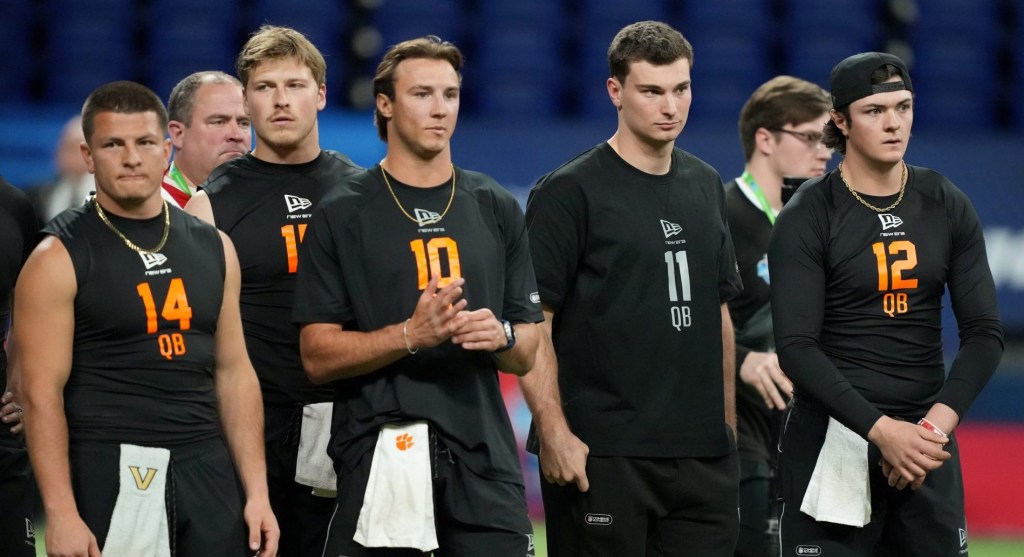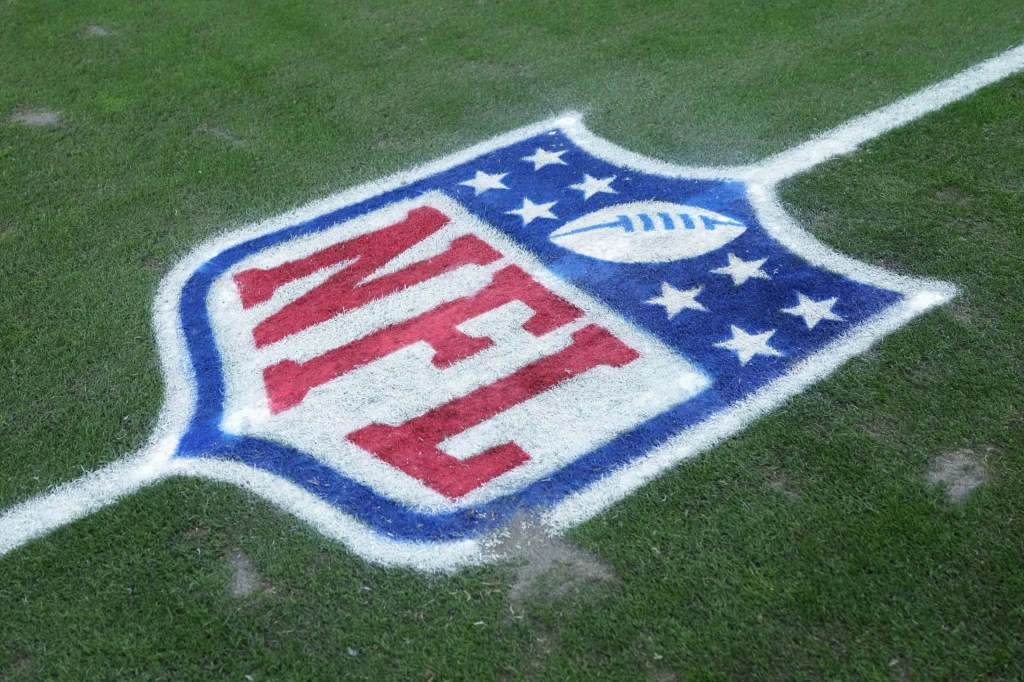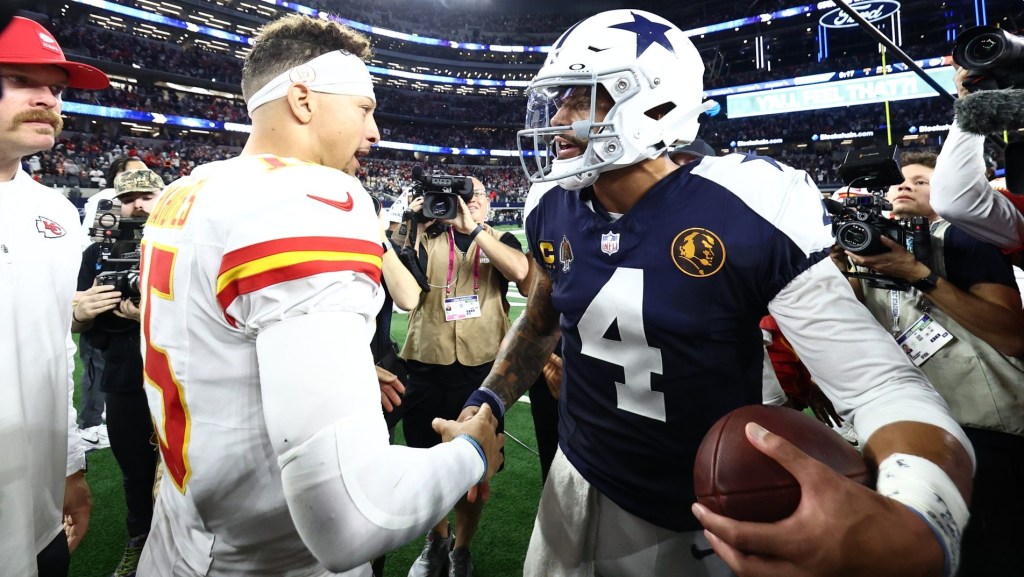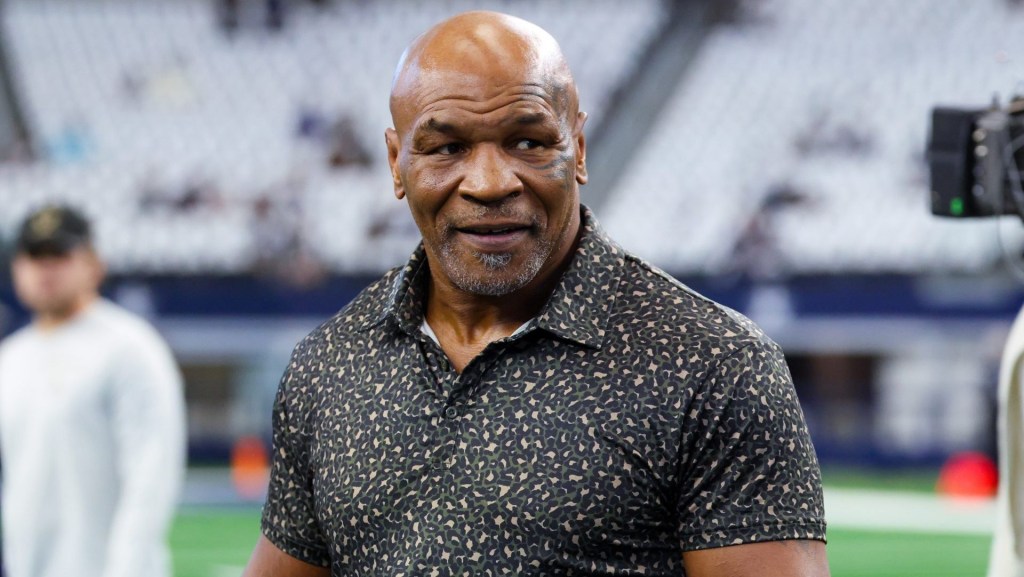The NFL’s two-year quest to shift former Las Vegas Raiders coach Jon Gruden’s lawsuit to arbitration came to a pivotal point on Wednesday.
In a hearing in front of a three-judge panel of the Nevada Supreme Court that spanned about a half-hour, outside league attorney Kannon Shanmugam argued that Gruden’s legal arguments “lack merit”—and that the civil case should be compelled to the league’s arbitration process overseen by NFL Commissioner Roger Goodell. Gruden’s lawyer, Adam Hosmer-Henner, countered that Gruden’s 10-year, $100 million contract lacked “a valid and enforceable” language that prevented Gruden’s lawsuit from moving forward.
To this point, the NFL had lost both its bids to either get Gruden’s lawsuit dismissed or moved into the league’s arbitration system, which—unlike the courts—is shrouded in secrecy and forbids parties from discussing the proceedings. District Court Judge Nancy Allf denied the NFL’s arbitration motion on Oct. 17, 2022. The NFL signaled it would appeal a day later, and the case had stagnated before Wednesday’s hearing.
It’s expected to take several weeks for Justices Elissa F. Cadish, Kristina Pickering, and Linda M. Bell to reach a verdict on the NFL’s appeal.
“This is one of those rare arguments where I’m not sure who’s going to come away as the victor,” sports law attorney Daniel Wallach told Front Office Sports. “The justices peppered both sides with questions on some legitimate vulnerabilities in each side’s arguments.”
Gruden, who attended the hearing, sued the NFL in October 2021, days after he resigned as head coach of the Raiders after the racist, misogynistic, and homophobic emails became public. Gruden alleged that the NFL was the source of the emails from the account of then-Washington Commanders executive Bruce Allen, correspondence gathered by the league’s first outside investigation into numerous allegations of a toxic workplace that existed within the team.
“Former Raiders coach Jon Gruden brings unsubstantiated claims against the NFL and its commissioner, claiming that they are somehow responsible for his resignation after the publication of … emails that he wrote and broadly circulated, emails that are too vile to read out in open court,” Shanmugam said during the hearing. “When Gruden entered into his contract with the Raiders—the richest coaching contract in NFL history—he agreed to two broad arbitration provisions that cover all disputes arising out of his employment agreement or involving conduct detrimental to the league.”
The fallout once the cache of emails was published led to Gruden’s resignation and restarted inquiries into the Commanders and owner Dan Snyder. The NFL launched a second probe, and Congress and others began investigating Snyder, threatening his grasp of the franchise before he agreed to sell it for a record $6.05 billion last year.
Gruden settled with the Raiders in the weeks after his resignation. The lawsuit seeks the balance of Gruden’s contract, which is unknown since the settlement amount has not been made public.
Hosmer-Henner argued that Judge Allf “made a factual finding” that Gruden was not provided with the NFL Constitution and Bylaws when he signed his deal with the Raiders in January 2018. That contract, Hosmer-Henner said, was negotiated between the team and Gruden’s agent (Bob Lamonte), and “there’s nothing in the record indicating that he had counsel present when he signed it or that it was explained” the arbitration provision to him.
“There is not a presumption in favor of arbitration, and there is not a valid and enforceable contract,” Hosmer-Henner said. “This court is being asked to reverse Judge Allf on the basis that there was a buried paragraph in a 450-page document that [Gruden] never saw, couldn’t negotiate, and had no opportunity to modify while the NFL preserved the unilateral ability to change that.”
There’s nothing preventing Gruden from being hired to coach in the NFL, but outside owners and front offices are hesitant to hire him given the views expressed in those emails. The emails were exchanged between 2010 and 2018 while Gruden was still ESPN’s Monday Night Football in-booth analyst.
Gruden wasn’t ousted after a league investigation. Goodell didn’t officially find Gruden to be in violation of the “conduct detrimental” provision in Section 8.3 of the NFL Constitution—a point made at the appeals hearing.
“That arbitrator is limited to the decision of whether it is the opinion of the commissioner that [there was] conduct is detrimental to the league,” Hosmer-Henner said. “That clause has never been enforced in a situation like this, and nor can it be enforced because it’s fully illusory and one-sided.
“It would allow…the commissioner to determine that a private divorce proceeding involved conduct detrimental, and thus was referred to arbitration, that a sexual harassment charge against a member of the league involved conduct detrimental was going to be subject to arbitration.”
Gruden attended New Orleans Saints practices over the summer. Saints coach Dennis Allen told reporters at the time that Gruden “has a lot of experience with [quarterback] Derek [Carr]” and “thought it was really beneficial” for the team. NOLA.com reported earlier this week that Gruden attended a team meeting ahead of the Saints’ Week 17 game in Tampa, dined with Saints GM Mickey Loomis, and is under consideration for a position within the organization.
If Judge Allf’s decision is upheld, the case will revert to the district court in Las Vegas, but Allf won’t be the one presiding—Allf announced her retirement, and her last day on the bench is on Thursday. Another judge will take over the case if the Nevada Supreme Court decides in Gruden’s favor.
“Gruden hasn’t been able to take a single deposition and hasn’t been able to [file] a single discovery request because this case has been frozen in this battle over arbitrability for roughly two years,” Wallach said. “For the NFL, this just underscores why the arbitration clauses are so powerful because even litigating their validity ties the case up for several years.”





![[Subscription Customers Only] Jun 15, 2025; Seattle, Washington, USA; Botafogo owner John Textor inside the stadium before the match during a group stage match of the 2025 FIFA Club World Cup at Lumen Field.](https://frontofficesports.com/wp-content/uploads/2026/02/USATSI_26465842_168416386_lowres-scaled.jpg?quality=100&w=1024)
![[Subscription Customers Only] Jul 13, 2025; East Rutherford, New Jersey, USA; Chelsea FC midfielder Cole Palmer (10) celebrates winning the final of the 2025 FIFA Club World Cup at MetLife Stadium](https://frontofficesports.com/wp-content/uploads/2026/02/USATSI_26636703-scaled-e1770932227605.jpg?quality=100&w=1024)










